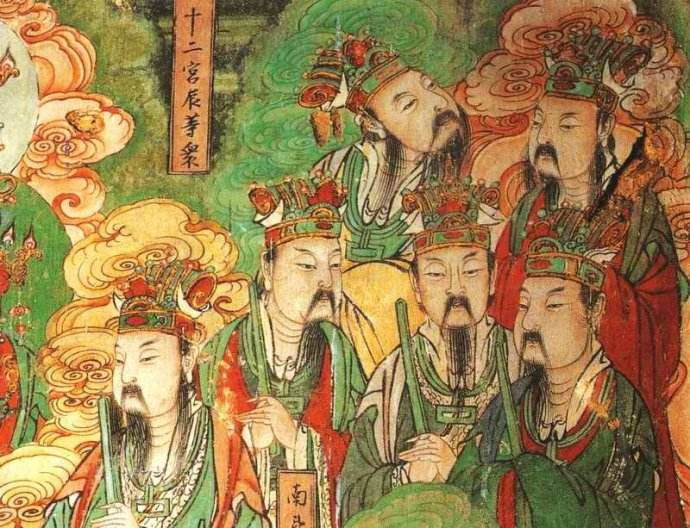Artisan, master

修以学艺,犹磨莹雕刻也,金玉之磨莹,自美其矿璞
Pursuing knowledge can be likened to carving wood and stone or polishing gold and jade. Just as the polishing makes the gold and jade more attractive, and the carving improve the look of unprocessed wood and stone, so does the pursing knowledge.
The proverb is used metaphorically to mean that learning helps a person shine.
大匠不为拙工改废绳墨,弈不为拙射变其彀率
A master carpenter will not change or abolish his guidelines for a clumsy workman; Yi, the master archer, would not have altered his bow-drawing standards for a poor archer.
The proverb indicates that rules and regulations cannot be changed at will.
大匠不斫,大庖不豆
The most outstanding artisan would not cut things in person; the most talented chef would not set the table in person.
The proverb means that people in high positions should be more concerned with important undertakings rather than trivial matters.
大匠诲人必以规矩
In teaching carpentry, the master artisan strictly goes by the measurements of compasses and squares.
The proverb means that teaching should begin with the basics.
大巧若拙,大辩若讷
The greatest skill seems like clumsiness; the greatest eloquence like stuttering.
The proverb indicates that a quality at its highest level appears to be its opposite.
大器晚成,宝货难售
Big vessels require a considerable time for their completion, and precious merchandise is difficult to sell.
The proverb means that it takes time for people of great talents to be recognized and given a chance to give full play to their talents.
